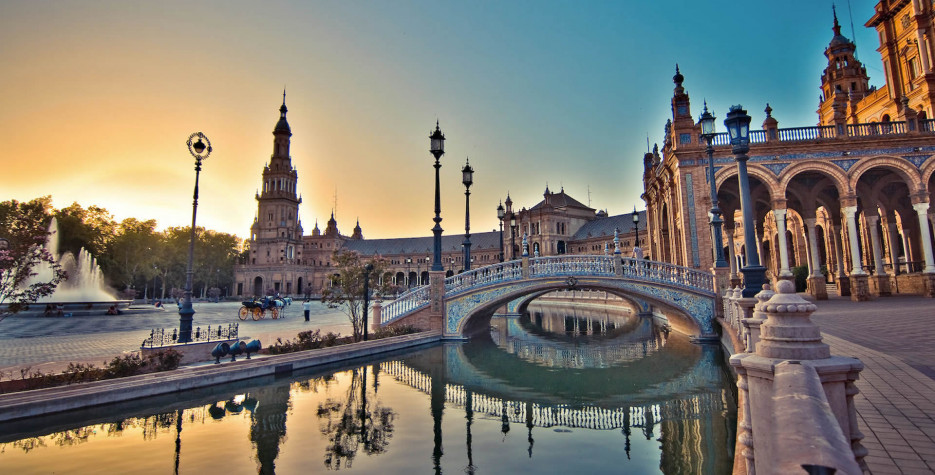When is Andalucía Day?
Feliz Día de Andalucia! Celebrated annually on February 28th, this is a public holiday in the Andalucian region of Spain. Seville is the principal city in the region.
History of Andalucía Day
Known as 'Día de Andalucía', this holiday commemorates the Statute of Autonomy of Andalucia referendum held on February 28th 1980, in which the Andalusian people voted for the statute that made Andalusia an autonomous community of Spain.
Depending on what day of the week that February 28th falls on, the holiday may be extended to bridge the weekend or moved if it falls on a weekend. While these may not be official holidays, many businesses and shops may close on these days.
With over eight million inhabitants, Andalucia is the largest autonomous community in terms of population and the second-largest in area. The Andalucian autonomous community is officially recognised as a nationality within Spain.
The word Andalucia derives from Vandalucia, the ‘land of the Vandals’, referring to the German tribe that settled there in the 3rd and 4th centuries AD.
Did you know?
Christopher Columbus left for his famous 1492 journey, which led to the discovery of America, from the Andalusian harbour Huelva.
To mark the Day of Andalucia, many towns are decorated with the flag of Andalucia, and green and white bunting is a common sight. Cultural competitions are often held in conjunction with the day.
A hymn is also sung to mark the day. It is a composition by José del Castillo Díaz with lyrics by Blas Infante, inspired by 'the Holy God', a popular religious song that the peasants and day labourers of some Andalusian regions sang during the harvest.
The Flag of Andalucia
The Andalucian features a coat of arms with Hercules stroking two lions, between the Pillars of Hercules.
According to Roman legends, Hercules was on his way to the garden of Hesperides and used his superhuman strength to smash the mountain of Atlas in two, creating the Strait of Gibraltar.
In the Spanish law which defines the anthem and shield of Andalucia, it suggests that Hercules represents the ‘eternal youthful force’ of the human spirit, and the two lions represent the pacification of our powerful animal instincts.


